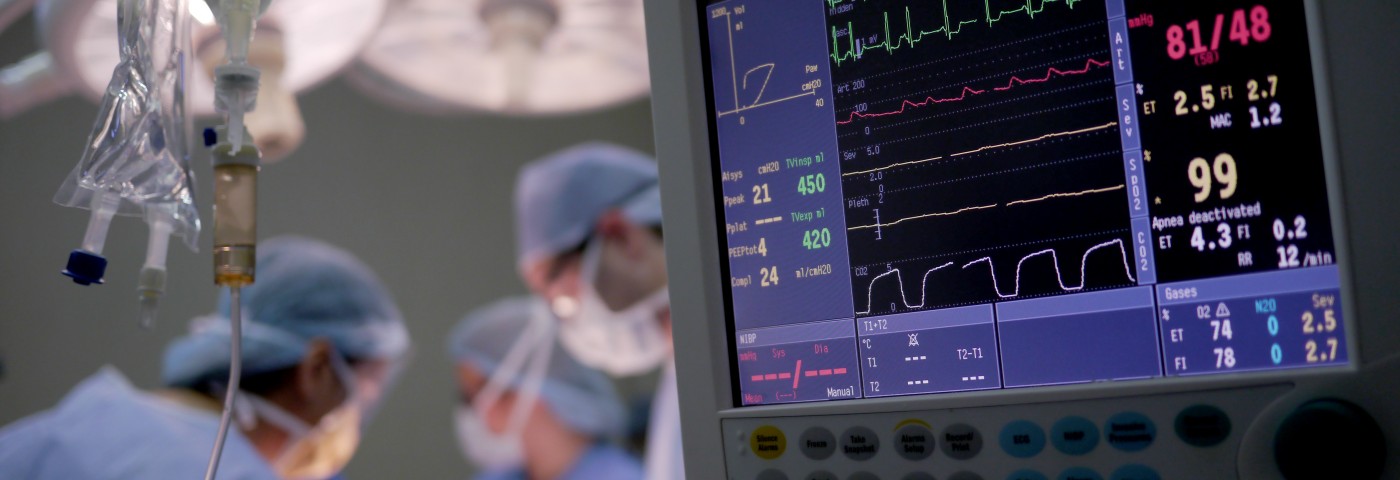A new study in the journal Infection Control & Hospital Epidemiology revealed that patients with diabetes are at increased risk for developing surgical site infections (SSIs) in comparison to non-diabetic individuals. The study is entitled “Diabetes and Risk of Surgical Site infection: A systematic review and meta-analysis,” and was conducted by researchers at the University of Michigan School of Public Health and Wayne State University.
SSIs-related care is estimated to cost more than $3 billion nationally, making these type of infections the main contributor to the overall costs of healthcare-associated infections.
“Diabetes has been recognized as a risk factor for infection following some surgeries, but has been a source of debate for other procedures,” said the study’s lead author Dr. Emily Toth Martin in a news release. “This study is a first step in our efforts to identify patients at high risk of SSIs. We hope this research will lead to better strategies to lower the number of these infections nationwide.”
In the study, researchers conducted a systematic review and meta-analysis of a total of 94 studies (from 1985 to 2015), and evaluated SSIs, multiple surgical procedure types, diabetes, blood glucose levels, and body mass index (BMI).
The team found that diabetes patients were 50% more likely to develop SSI after a surgical procedure than patients without diabetes. SSIs were also found to represent the most frequent cause of hospital-acquired infection, being reported in 4% of the surgeries analyzed in the study. The researchers determined that the risk of SSIs was higher for cardiac surgery, but also arthroplasty, breast and spinal surgeries.
The research team concluded that diabetes should be considered an independent risk factor for SSIs in several surgical procedures, and suggests that efforts should be made to improve the surgical outcome in these patients.
“Hospitals routinely monitor glucose levels in surgical patients, but heightened awareness among healthcare professionals of infection prevention measures is warranted for diabetic patients before and after surgery,” said Dr. Martin.
The Compendium of Strategies to Prevent Healthcare-Associated Infections in Acute Care Hospitals: 2014 Updates, released in 2014 by the Society for Healthcare Epidemiology of America (SHEA), offers evidence-based recommendations to help healthcare institutions implement strategies to reduce the number of infections, and provides best practices for SSI surveillance and prevention.


